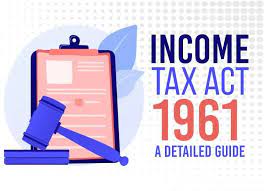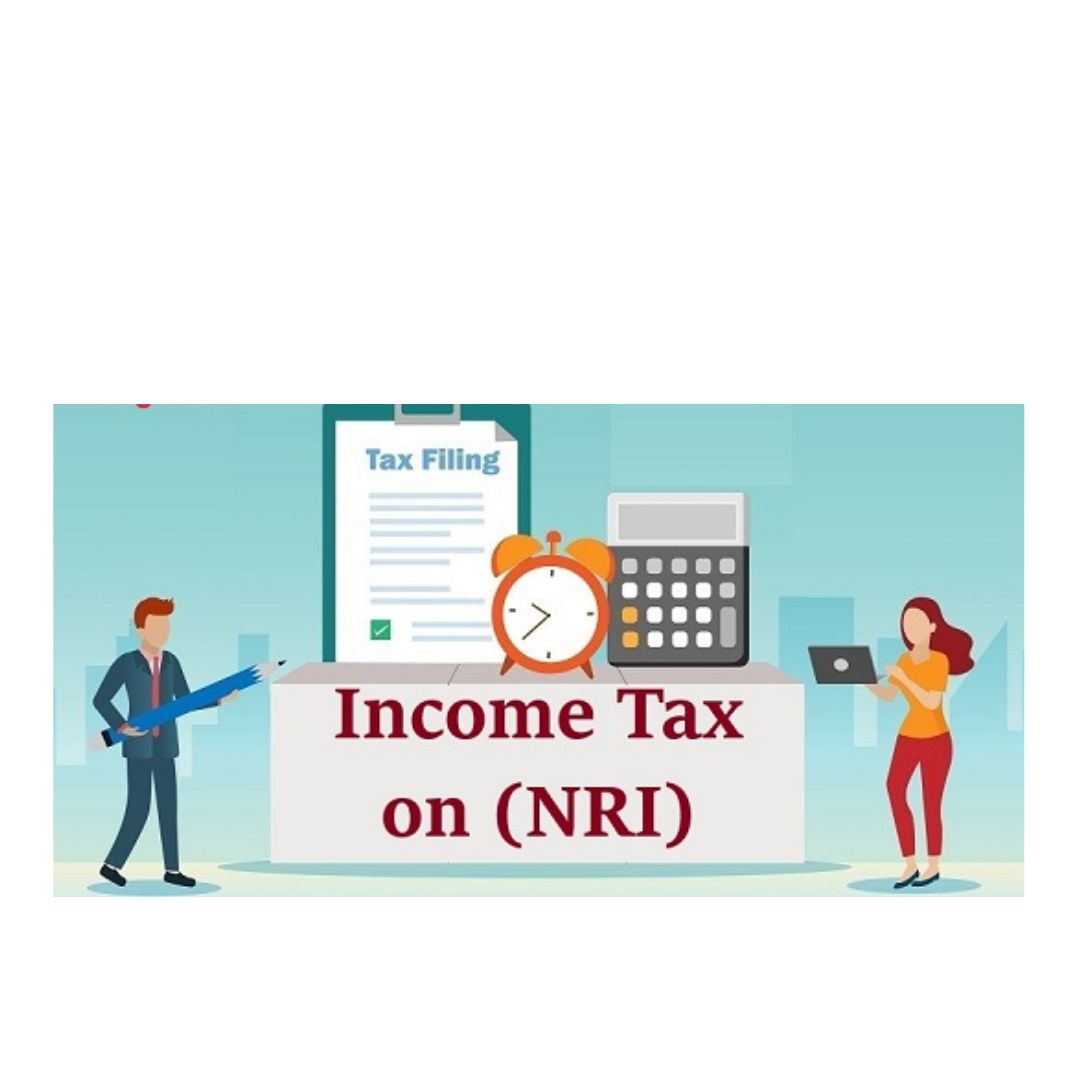Can LLP trade in derivatives?
Can LLP trade in derivatives? The capability of a Limited Liability Partnership (LLP) to engage in derivatives trading can be influenced by several factors, such as the jurisdiction in which the LLP operates and the particular laws and regulations governing such activities. However we can explain “Can LLP trade in derivatives?” Governing partnerships, and… Read More »









